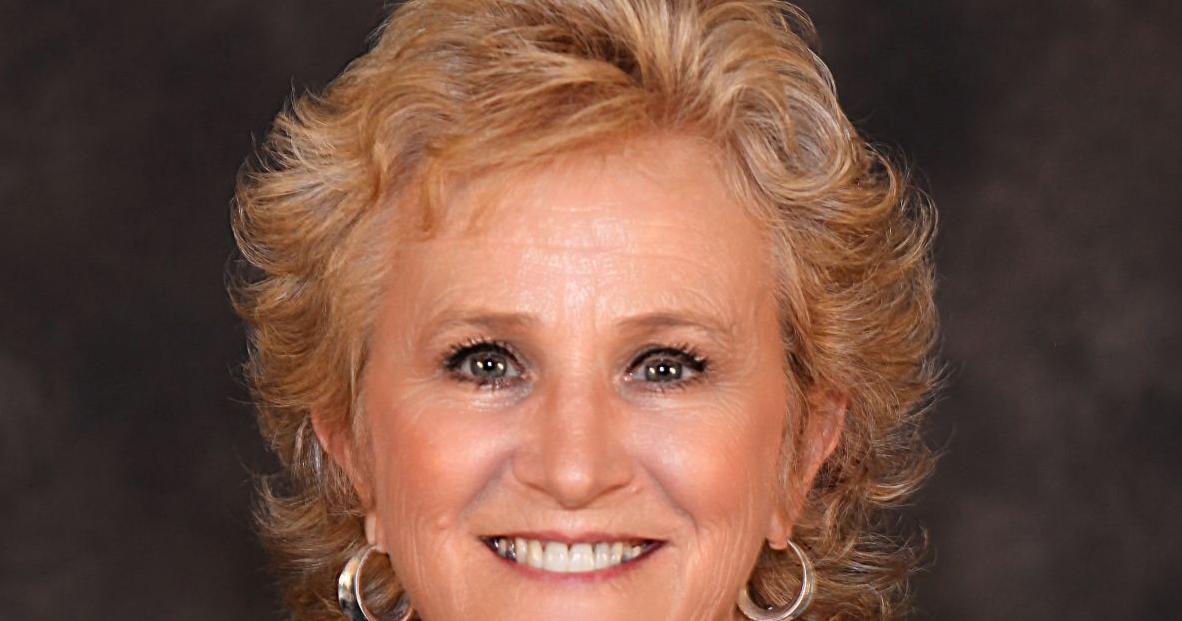Table of Contents
Many times a patient’s discharge from a hospital/acute care or a skilled nursing facility or a rehab facility requires a ‘transitional period’ to ensure a safe discharge -both clinically/nursing and rehab focused. Enter Home Health. Original/Traditional Medicare’s benefit is different than other insurance plans but the overall program is similar.
How it works:
Original/Traditional Medicare’s benefit is based on a defining event: The patient must be homebound.
In the “Medicare and You 2023 Handbook,’ this is defined as a) significant trouble leaving your home without help (like using a cane, walker, or crutches; special transportation; or help from another person) because of an injury or illness; b) leaving your home isn’t recommended because of your condition and c) you’re normally unable to leave your home because it’s a major effort. The scope of the in-home benefit covers part-time or intermittent skilled nursing care, and/or physical therapy, speech-language pathology services or continued occupational therapy. The care is a ‘visit’, not prolonged in-home care. A doctor must order home health after assessing your unique needs. If all the above are met, the Original/Traditional Medicare patient will have no out-of-pocket cost. The program is intended as a short-term intervention to safely maintain the patient at home.
People are also reading…
Examples of what the home health staff could do:
Joint replacement: After an inpatient or outpatient procedure, rather than be transferred to a skilled nursing facility for post-procedure care, the patient’s progress and in-home support /family may allow for home health as an alternative. The nursing visit could check on your adherence to new medication/adverse reactions/questions, check on diet and possible nutrition concerns and communicate with the physical therapist and your doctor to ensure everyone is coordinating the care package. Physical therapy will assess the safety in the home-loose rugs, fall risk areas like the bathroom and outline an ongoing home therapy plan – all approved by your physician. Goal: Maintain at home with a safe, coordinated post -discharge plan. Any concerns are addressed thru the intermittent visits with all the care team, the patient and support team/family involved.
Medicare Advantage/MA is not Traditional/Original Medicare: Therefore, each MA plan can have different home health benefits. Important to ask your plan to ensure everyone understands the benefit and any out-of-pocket costs that may occur. Remember, there is no ability to have/purchase a Medigap or Medicare supplemental insurance for Medicare Advantage to help with any patient portion. Medicare supplemental insurance is tied to Traditional/Original Medicare.
Other insurance plans: VA, commercial plans, worker’s compensation, liability, and Medicaid may follow the basic outline of Original/Traditional Medicare, but they may not require the patient to be homebound. The intermittent visits are usually part of all insurance plans but when exploring the home health option, it is important to have an excellent understanding of the home health benefit and what it will cost. Still an excellent benefit, but usually involves an out-of-pocket expense and prior authorization for these plans.
Hint: Hand-offs between the acute setting/hospital, skilled nursing facility for rehab and the home health agency can become a bit cumbersome. As much as the case manager/discharge planner can coordinate a referral to your choice of home health agencies,(remember to stay in your network), it is extremely important to a) have a contact name and number for the agency and b) contact the agency on the day of discharge or as soon as the discharge is known. The referral is made but the post-discharge coordination with the family is usually the family’s responsibility. Darn, sometimes the patient/family thinks the home health agency will be coming immediately upon discharge but that can easily be mis-interpreted. Call and create a date/time outline for the initial visit. This will be critical to ensure the clinical home health team is ready to assess and begin in-home care immediately post discharge. Gaps can lead to anxious patients, misconceptions of the services and lapse in oversight of the patient at home. Communication – and lots of it- will help maximize this excellent benefit.
Day Egusquiza is the president and founder of the Patient Financial Navigator Foundation Inc. — an Idaho-based family foundation. For more information, call 208-423-9036 or go to pfnfinc.com. Do you have a topic for Health Care Buzz? Please share at [email protected].





More Stories
Ashwagandha’s Impact on Cortisol Levels in Stressed People
Health care cyberattack ‘likely one of the worst,’ expert says
Accessing Medicinal Cannabis in the UK: A Comprehensive Guide